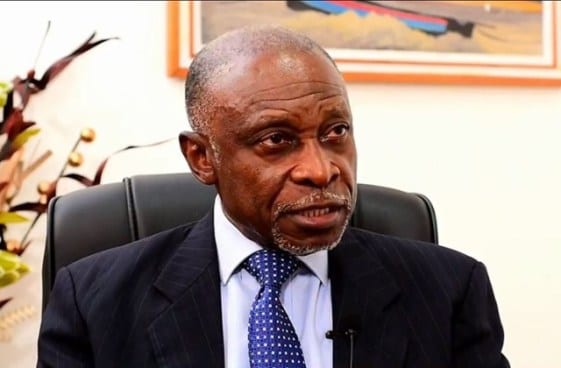The reality facing Guyana, the world’s most envied deepwater exploration hotspot, is that it suffers from a crucial shortage of skills required for the oil sector. It must therefore temper its expectations as it seeks to lay down the ground rules companies must abide by for local content. Firmly asserting this position is the nation’s Advisor on Borders, Carl Greenidge.
The former Foreign Affairs Minister who also served on the Local Content Panel that was commissioned last year by President Irfaan Ali, noted that a population of less than one million people with nine billion barrels of oil resources to develop will bring challenges such as a shortage of skills.
During a recent interview on local radio show, Guyana’s Oil and You, Greenidge articulated that the new oil-producing state has been suffering from a skills shortage since the 1990s. He stressed that even in 2030, it is highly unlikely that Guyana will generate the range and depth of skills needed to fully exploit its oil resources extensively or to even align with its own ambitions for the resources that are available.
The former Foreign Affairs Minister asserted, “You need far more engineers, economists, and geophysicists…And I know this statement may get me in trouble but half the time you can’t even find competent secretaries. But certainly, one of the issues facing Guyana in the oil sector is the need to generate more skills…”
He added, “Just look at Nigeria, it is chronically short of skills. It has a relative abundance of skills in comparison to Guyana but still, they are short…If you go back to the 1964 budget statement of Guyana…the thing that was mentioned that what would humbug Guyana’s development is human skills and since then the flight of human resources has been even greater and inevitably, you have to realize that you need to generate more skills.”
Taking this into consideration, Greenidge stressed that Guyana’s educational institutions such as the University of Guyana need to be enhanced along with systems for innovation.
The Advisor on Borders said, ‘If we start with an understanding that these things have to be improved, then you can’t go much wrong. But the challenge is to ensure the local content targets are meaningful and doing that is not going to be easy. You can’t use someone else’s targets or fashion them from your head. It is not about dropping a formula on the table and saying this is what has to be met for local content.”
Given Guyana’s limitations where skills for the oil sector are concerned, Greenidge said one should not be surprised to see the importation of foreign expertise to fill the gap.
The Advisor said he is a proponent of Guyana, Suriname, Trinidad and Tobago, and Grenada pooling their resources to strengthen the position of the Caribbean when it comes to servicing its respective energy needs.
“I do believe they would benefit more if they pool their collective energies on oil and gas development. But how well are they going to work together is another question… I would say however that the extent to which they work together, these countries would be able to reap more benefits,” Greenidge stated.



